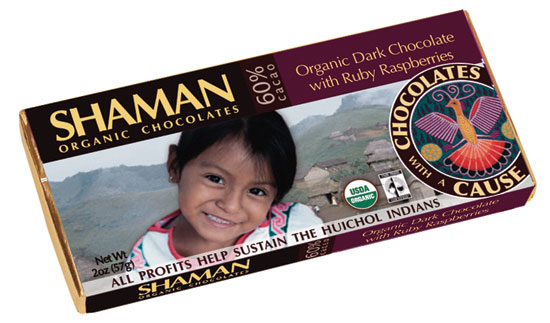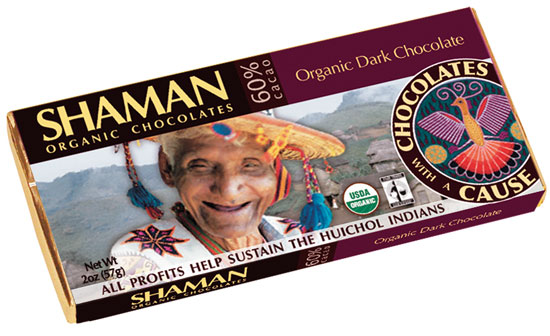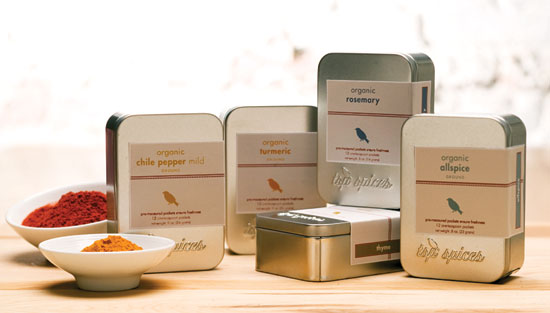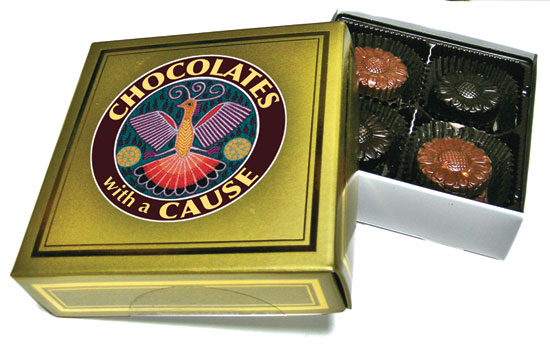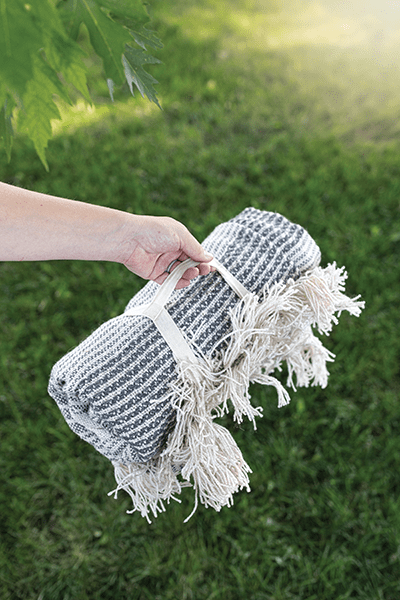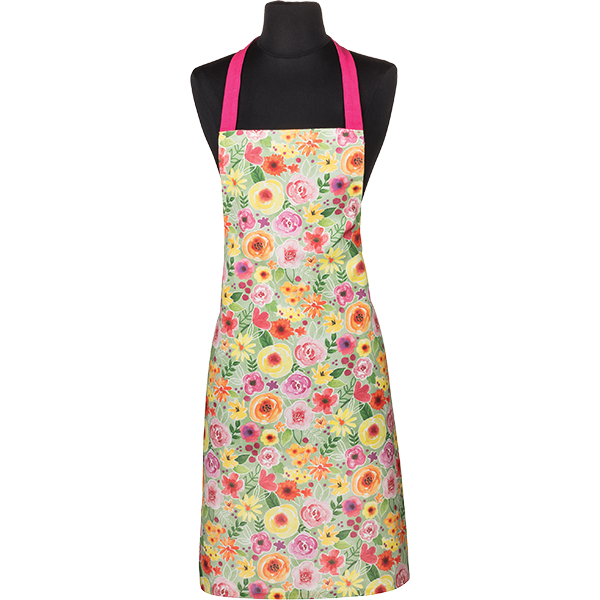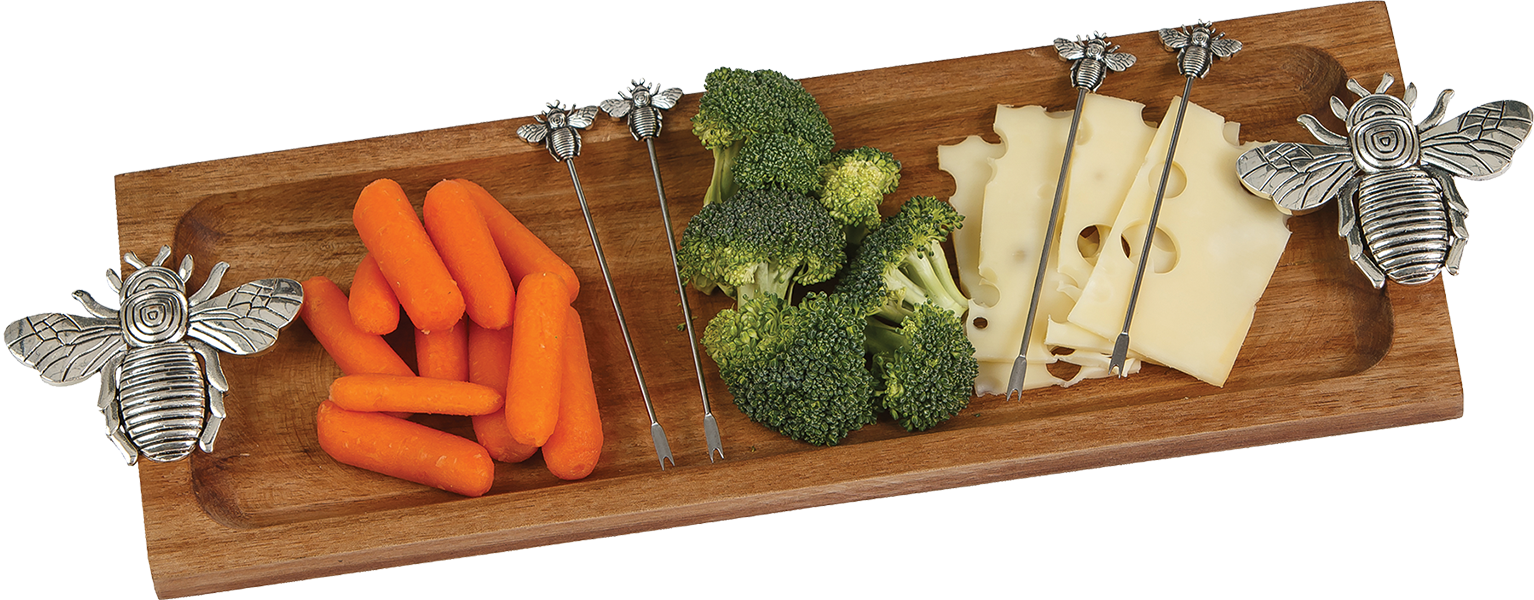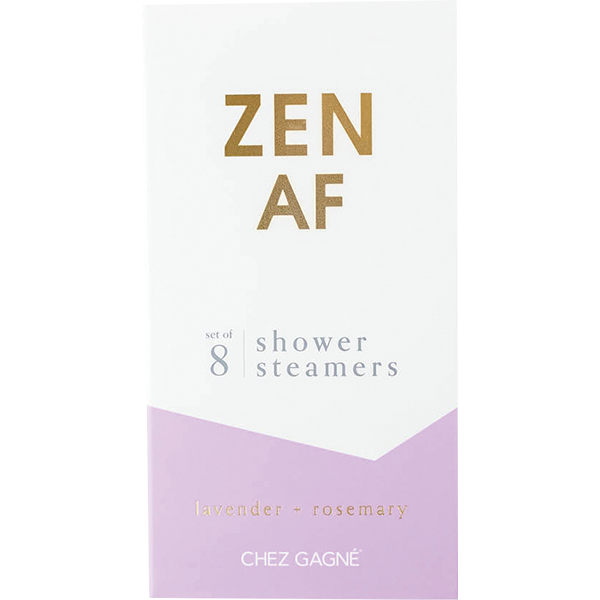Green Gourmet Spices Up Sales!
What is Organic?
Organic products conform to the Organic Foods Production Act. The principal guidelines for organic production are to use materials and practices that enhance the ecological balance of natural systems and that integrate the parts of the farming system into an ecological whole. Organic farming includes crop rotation to maintain sustainable growth and use of natural fertilizers.
Health-conscious consumers have fueled a meteoric rise in the consumption of organic (and natural) gourmet products. Find out how you can take a healthy bite of this nearly $25 billon product category.
If you’ve ever wondered just how well organic gourmet items like jams, salsas, chocolates and soaps would sell in your store, consider this: Your customers’ wallets may not reveal the whole story.
In other words, the price tag isn’t all they’re taking into account.
Buying decisions are not solely determined by prices but customers often decide to buy products that reflect their values—it’s what is called values-based consumerism. A key driver for organic gourmet is a concern for health. “What you’ll find is people who shop specialty stores and boutiques for [gourmet] items are more educated, generally—they put certain priorities on buying organic—so it’s not necessarily having more income that drives their buying decisions,” says Barbara Haumann, spokesperson for the Organic Trade Association in Greenfield, MA, a membership-based business association for the organic industry in North America.
Haumann says that the continued growth in organic product sales means your customers are likely seeking more of these kinds of gourmet items. The category is huge and embraces foods such as truffles, toffees,preservesand spices.
Just how much growth is there in this product category? According to the Organic Trade Association, overall sales of organic food items totaled $24.8 billion in 2009. $273 million of that amount sold in specialty stores and boutiques—a jump from $52 million for these retailers just five years ago, in 2005. U.S. sales of non-food organic items in 2009, meanwhile, totaled $1.8 billion, with $108 million of that amount sold in specialty shops and boutiques, according to the OTA.
What the labels mean
Understanding the various labels placed on organic items can prove a bit confusing, however. When you want to be sure you’re selling what your customers are looking for, here’s what the Organic Trade Association suggests: Look for the “USDA Organic” seal or other approved labeling. Knowing who the certifier is, also helps.
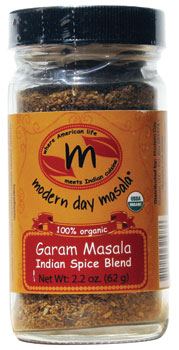 Products labeled “100% Organic” and carrying the “USDA Organic” seal are just that—they contain all organically produced ingredients. Products that are made from at least 95 percent organic ingredients, and have remaining ingredients that are approved for use in organic products may also carry the “USDA Organic” seal.
Products labeled “100% Organic” and carrying the “USDA Organic” seal are just that—they contain all organically produced ingredients. Products that are made from at least 95 percent organic ingredients, and have remaining ingredients that are approved for use in organic products may also carry the “USDA Organic” seal.
In addition, products that contain at least 70 percent organic ingredients may label those on the ingredient list. Producers and processors voluntarily use these labels, and may use organic ingredients without being required to label them.
Vendors bite into category
 Many vendors in this category strive to educate retailers about their commitment to organic foods and to an overall eco-friendly philosophy.
Many vendors in this category strive to educate retailers about their commitment to organic foods and to an overall eco-friendly philosophy.
Timothy Young, president and chef at wholesaler Food for Thought, says that the company’s tag line—saving the planet one jar at a time—reinforces its mission. Food For Thought is based in Honor, MI and creates a line of wine and herb preserves, among other organic food items. There are many gift products including blueberry lavender and strawberry basil preserves.
Young adds that the company is about more than just organic food—its philosophy is based on sustainable consumption and living for all. The company makes sure customers are aware of its certified organic status and its “local at any cost purchasing policy.” This policy means Food For Thought will always buy from a local organic farmer first. “How that plays out is I’ll buy a local organic strawberry for $1.75 per pound when I could easily get them for less than $1 per pound from California, or even cheaper from China,” Young says. “Also, we stick only to foods that grow in our bio-region—meaning no orange marmalade or papaya butter.”
TSP Spices, a company in Towson, MD, wholesales organic spices and provides retailers with a copy of their organic certification. The company sells tins of 12-packet spices for a retail price between $9 and $10. Each packet is about a teaspoon in size—the amount typically used when cooking or baking.
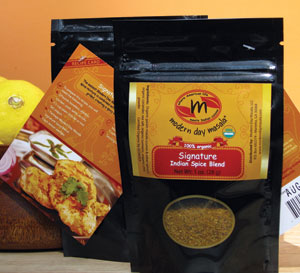 Sara Engram, co-founder of the company with Katie Luber, says packaging—both to preserve freshness and emphasize the green nature of the product—was integral to the concept. The designer tin can be reused or recycled.
Sara Engram, co-founder of the company with Katie Luber, says packaging—both to preserve freshness and emphasize the green nature of the product—was integral to the concept. The designer tin can be reused or recycled.
Shaman Chocolates, a Santa Cruz, CA wholesaler of fair-trade chocolate bars, provides its retailers with rack cards explaining the company’s mission to support the Huichol tribe in central western Mexico. The chocolate is also USDA-certified organic. “Purchases directly support the tribe,” says Marilyn DelDuca, who manages the company’s daily operations. “Our wrappers themselves have pictures of the tribe—it’s not just generic pictures or stock art. These are the actual people we support.”
Shaman Chocolates founder Brant Secunda was adopted by the tribe, served a shaman apprenticeship and later wanted to find a way to help sustain the culture, DelDuca says. The company’s chocolate is a nod to the tribe’s use of chocolate in ceremonies. Flavors include the popular organic milk chocolate with macadamia nuts and more unusual ones like chocolate with Hawaiian pink sea salt.
Customer satisfaction
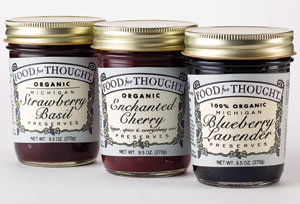 For retailer Vicky Dorvee, who is dedicated to offering gift items free of “anything artificial,” it’s not about carrying multiple lines of a product but rather honing in on a few that truly stand out and speak to her customers. Products that have not been tested on animals, are eco-friendly and have beautiful packaging also are important, says Dorvee, owner of It’s Only Natural Gifts in Niwot, CO.
For retailer Vicky Dorvee, who is dedicated to offering gift items free of “anything artificial,” it’s not about carrying multiple lines of a product but rather honing in on a few that truly stand out and speak to her customers. Products that have not been tested on animals, are eco-friendly and have beautiful packaging also are important, says Dorvee, owner of It’s Only Natural Gifts in Niwot, CO.
One such product is toffee from Madison & Marcela, a Murrells Inlet, SC candy company specializing in fine gourmet toffees. Flavors include their original Madison Crunch, with pecans, as well as cranberry almond, chocolate and peanut, dark chocolate pecan and coconut macadamia. The toffees are made using organic butter and sugar, and without preservatives or additives, company founder Robert Timofai says.
He suggests that retailers offer free samples of product, particularly when introducing a new brand to customers. “When you’re looking to build recognition in a new area or state or region, the best way to do it is through samples, and we’ll support that,” Timofai says.
Swoon Beams, an organic, fair-trade confections company in Santa Cruz, CA, encourages retailers to personalize their products. Their suggested method: Add a note to the confection gift, such as a pre-made “Happy Mother’s Day” or “I Love You” slip of paper. It could also be something customized either by Swoon Beams or by shoppers in your store. “We can provide blank recycled parchment paper and gold pen as part of the display,” says Anita Pearson, company co-founder with Ilene Morrison.
Pearson also believes in the importance of sharing the fair trade story behind Swoon Beams’ chocolates, which are packaged in re-usable organza bags. The company provides fliers to retailers for use in displays.
Dorvee of It’s Only Natural Gifts, says that vendors can be encouraged to craft organic products for stores. Dorvee sells Papa Bends Peanut Brittle (made in Boulder, CO)—a product that didn’t start out organic. “We asked them if they could make it organic, so they tweaked it with a couple of ingredients. They just needed to swap out one of the sweeteners, and they made it organic for us,” Dorvee says. She adds that attractive gift packaging is important in this marketing segment—it’s the whole package that cements the deal.
By all indications, organic gourmet products are a red-hot category. After all, the sales numbers speak for themselves. As Barbara Haumann of the Organic Trade Association says: “Consumers are excited about these kinds of products and see the value in them.”
Mouse over images below to view.
